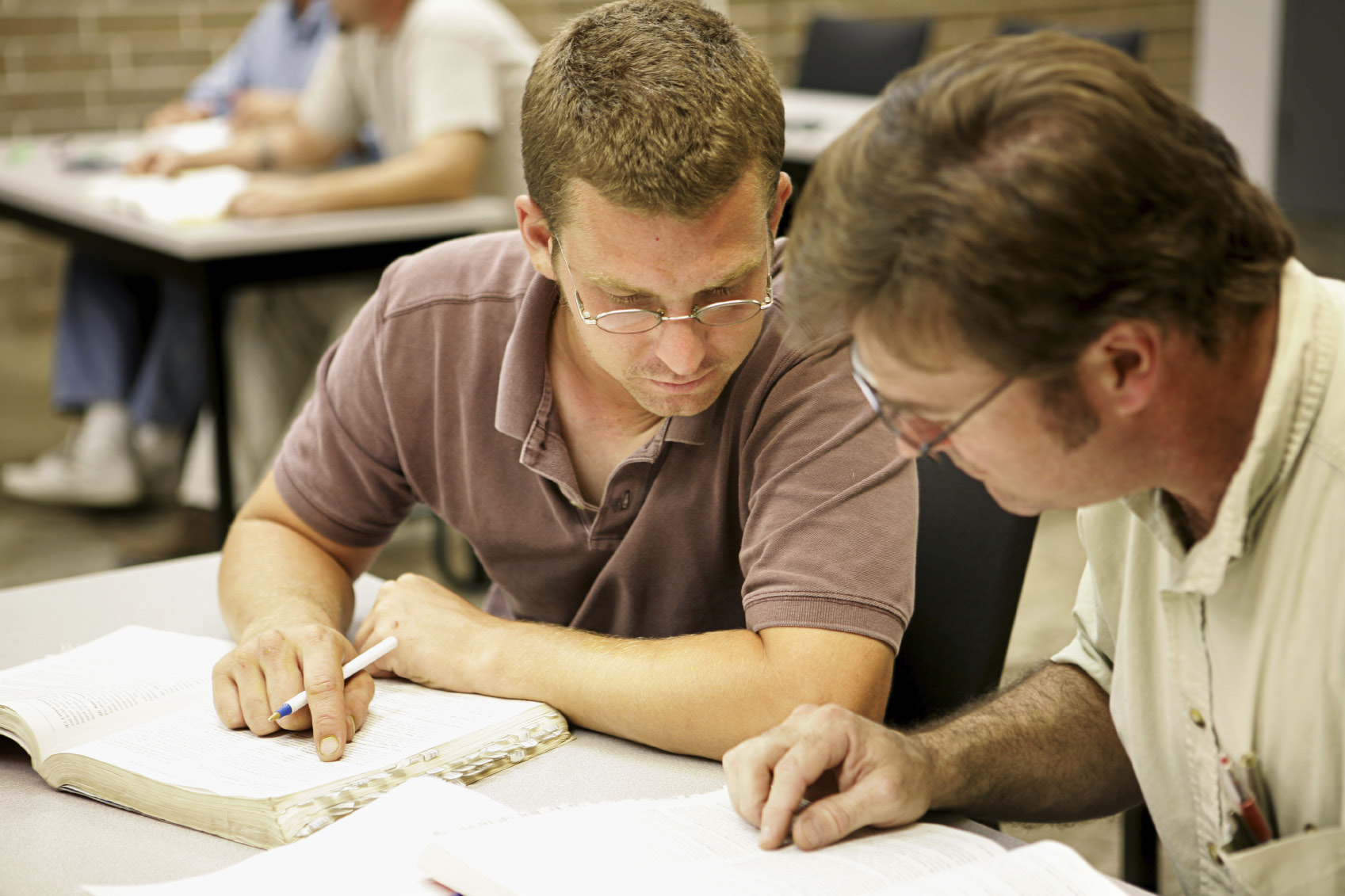Home Schooling report indicates high vocabulary skills but average to low maths skills

Why do home schoolers have good vocabularies but average to *low numeracy skills? Well, it's all to do with bootstrapping. A brief summary:
Bootstrapping refers to pulling yourself up by your own bootstraps. In education it refers to a self-teaching process that occurs when engaging in activities that have reciprocal feedback systems. One such system is reading.
For example, learning to read is almost a pure process of bootstrapping. Once a child has a system for decoding words, the very process of reading facilitates learning. By sounding out words they strengthen all letter sound connections, and as the frequency of exposure to words increases they create connections between whole words, their sound and their meaning (graphaphonic, phonological and semantic systems). The reciprocal effect occurs between these systems and comprehension. Comprehension is a product of the first three, plus prior knowledge and strategies, which increases the motivation to read, which keeps the cycle going. In short, reading develops reading skill. Once decoding is learnt, the system is self-constructive; hence bootstrapping. It is not taught. Hence, most reading difficulties can be traced upstream to decoding.
Secondly, there is a sociocultural effect. Children in households that read, will be highly likely to become good readers. Children who grow up with books in the house, who are read to, and see Mum and Dad reading, are more likely to read themselves. High reading levels influence vocabulary (you develop your higher vocabulary from reading, not listening to speech), and thus home schooling kids have good vocabularies. This is great by the way, as vocabulary is associated with many great outcomes.
Finally, the amount of reading a child does relates to their vocabulary level. While there are caveats, basically the more they read, the better their vocab.
The problem with maths
There is no bootstrapping effect in mathematics if it is taught in a certain way (read here and here for more). Unlike reading, children in houses in which the parents are good at maths do not necessarily become good at math. Whatever positive sociocultural effect occurs with reading, doesn't seem to occur with maths.Maths is generally taught by an external person all the way, all the time (be it a teacher or computer software). This means the child's opportunities to get better at math are restricted to occasions of direct instruction. Research suggests the total time doesn't add up to much no matter how you look at it. Second, much of the time doing maths is spent on worksheets, and almost all the worksheets children work on are a repetition of known content (you learn to add double digit numbers and then do a sheet of double digit equations). Very rarely do they encourage the user to engage in non-routine exploration of ideas and concepts. Completing worksheets in a routine manner is a poor version of learning, (rehearsal strategies are the least effective of almost all strategies), and they certainly do not encourage bootstrapping. More of the opposite actually, they tend to teach the child to return to the parent to get help when stuck, at which point the parent tells them what to do.
Think of the difference between time spent reading per day, versus time spent doing maths. The reason is that reading is used as a tool to do stuff. Maths, in contrast, is simply a task to be completed. Imagine if we used maths as a tool to solve real problems everyday. Then, the bootstrapping effect might take effect.

As an experiment compare your child's time reading versus actual engagement in maths (not just staring at the page like I tend to do). Be sure to include all reading, such as that done while watching TV, reading signs and so on. Add to this all the reading they do for other subjects. Once you have the number, extrapolate that to a yearly difference. One piece of NZ research found that NZ primary school children did only 10 minutes of maths a day on average (and this was with a compulsory 1 hour of maths a day rule!).
So, in summary, the benefits many children get from homeschooling are a consequence of family values (we read and enjoy books) and the bootstrapping effect this has on learning.
But, it may be that we need to make maths as much a part of our family culture as reading. Then, I have no doubt, we will be producing avid users of mathematics ready to take on the world.
Tip: Hang a white board in the kitchen and every morning write a maths problem for the kids to solve. Make it reasonably easy so as to cultivate a culture of success and fun. Maths should be fun, not hard- so don't make it hard - make it fun. The kids can chew on it all day, and write the answer on the board. At a time convenient have them explain what they did and then share how others did it too. I'll do a post that includes a bunch of starter problems - watch this space.
*Note: The school results for maths and numeracy are also average to below average. This is not unique to home schooling. It would be interesting to compare the home school results directly to school results but methodology issues (as noted in the report) make this difficult.





